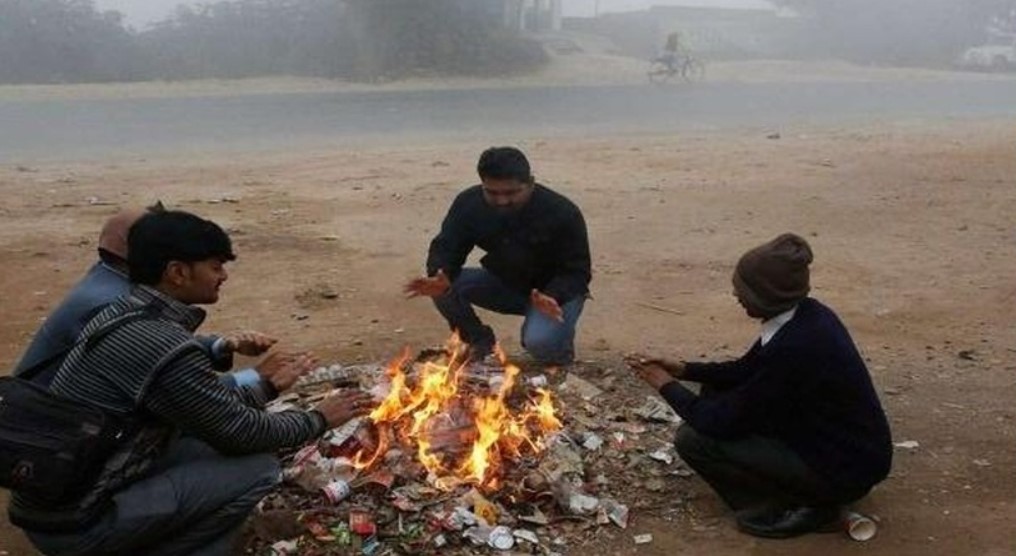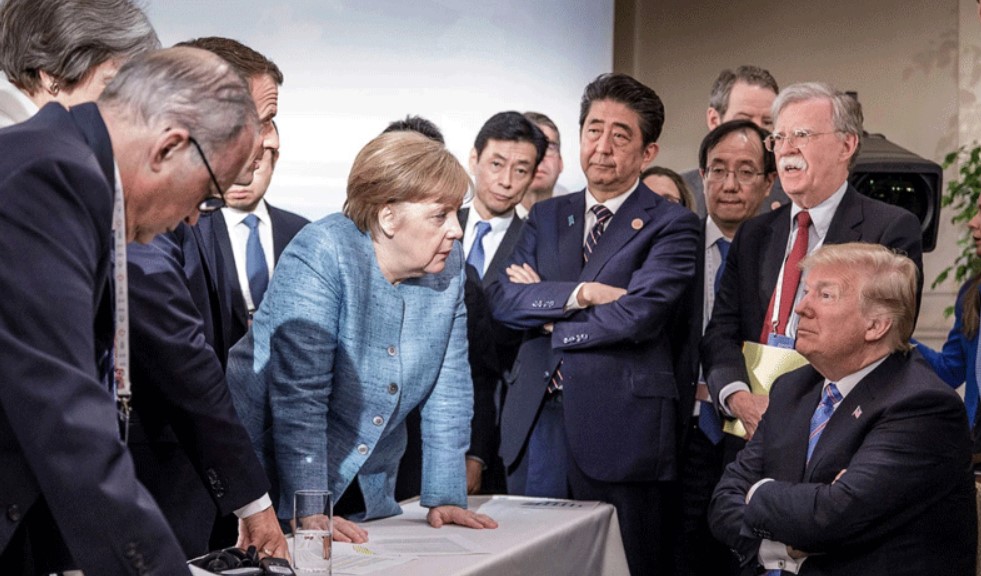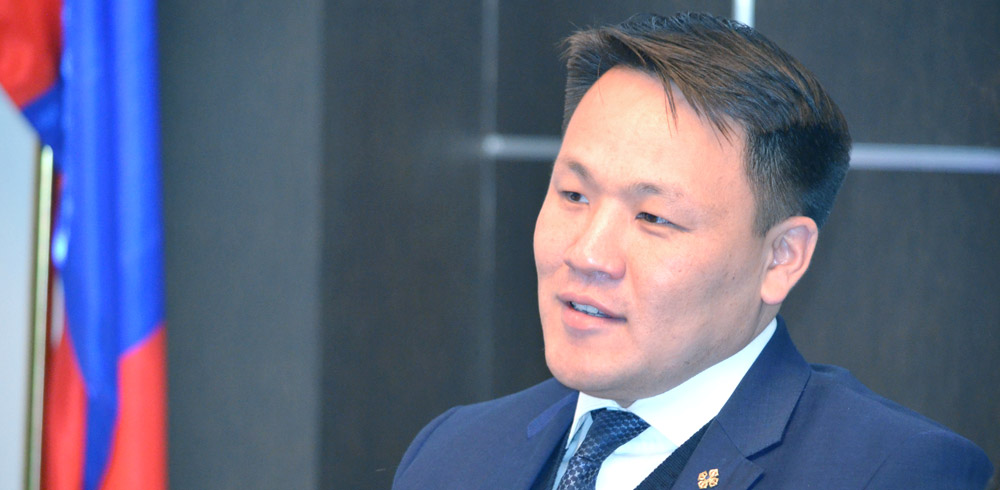 Indians warm themselves over a fire of waste, something that contributes to the poor air quality. Photo: Twitter
Indians warm themselves over a fire of waste, something that contributes to the poor air quality. Photo: Twitter
India in the grip of icy cold weather
The past few weeks have seen unusually cold weather sweep across northern India, with disastrous consequences for the millions of Indians who live there and are unaccustomed to the cold.
Published: January 20, 2023, 6:24 am
While climate doomsday preachers in the West talk about heat waves and extreme weather when there is mild or warm weather over a period of time, other parts of the world instead experience problems due to the reverse. In northern India, an unusual and prolonged cold wave has held large areas in its iron grip for almost two weeks.
Thick fog and temperatures around zero degrees in the multi-million city of New Delhi have already claimed many lives through accidents and cold – but another threat comes from the risk of poisoning as the freezing residents of the city set fire to everything they come across, including trash and waste.
Unusually cold
The coldest temperatures recorded so far were in the Kashmir province of northern India. There, the temperature in the lowlands has dropped to -7 degrees, which for Europeans may not be remarkable, but for Indians who rarely get weather colder than 6-7 plus degrees on any given day, it is a big difference from what they are used to.
If the temperature drops below 4 plus degrees, it is considered a cold wave. Last week, the coldest was 1,9 plus degrees in the capital, New Delhi. Meteorologists count this year’s January as the coldest ever in India.
“I have never in my entire career seen such low temperatures in a forecast. Freezing −4 to +2 on the plains. Wow!” meteorologist Nevdeep Dahiya wrote on Twitter.
According to Indian meteorologists, the cause of the unusually cold weather is changes in the jet streams that circulate around the Indian peninsula.
Thick fog and air pollution a dangerous combination
The thick and persistent fog leads daily to a large number of accidents in New Delhi, which with its 23 million inhabitants has now found itself in a difficult situation. Reports of a lack of food supply have been posted on social media, but so far dismissed by official sources who believe that there have indeed been some interruptions and delays due to traffic accidents around railway stations and roads in and out of the city, but that so far these have not leading to any shortage of food or fuel.
In the cold and the fog, however, there are two things that primarily give cause for concern for the rulers in the city. On the one hand, there is an unclear number of homeless people (according to many experts it is at least 150 000, possibly closer to 200 000) who lack shelter from the cold weather. The city’s approximately 250 ill-equipped homeless shelters have room for 19 000 people, but have long been filled beyond capacity. The number of dead people who are reported to have frozen to death during the nights and who are picked up during the day is claimed by various aid organizations to be between “dozens” to “hundreds” every day, but no official figure exists.
But another problem has arisen as tens of thousands of smaller bonfires are lit every day, often fueled by scavenged rubbish. The air pollution that usually plagues the city during the winter months is now considered even worse and the air is filled with toxic gases and pollutants that bind to the water droplets in the fog, weigh down and remain in the city like a toxic blanket. This leads to the very air that the residents are forced to breathe causing lung diseases and a greatly increased risk of cancer as a result.
The cost in human life of frostbite can thus rise over time, not only because people freeze to death, but because they become poisoned in their attempts to keep warm.
All rights reserved. You have permission to quote freely from the articles provided that the source (www.freewestmedia.com) is given. Photos may not be used without our consent.
Consider donating to support our work
Help us to produce more articles like this. FreeWestMedia is depending on donations from our readers to keep going. With your help, we expose the mainstream fake news agenda.
Keep your language polite. Readers from many different countries visit and contribute to Free West Media and we must therefore obey the rules in, for example, Germany. Illegal content will be deleted.
If you have been approved to post comments without preview from FWM, you are responsible for violations of any law. This means that FWM may be forced to cooperate with authorities in a possible crime investigation.
If your comments are subject to preview by FWM, please be patient. We continually review comments but depending on the time of day it can take up to several hours before your comment is reviewed.
We reserve the right to delete comments that are offensive, contain slander or foul language, or are irrelevant to the discussion.

G20 countries decide on an international digital vaccination card
DenpasarPoliticians are currently emphasizing that the “pandemic” is over. But secretly, behind closed doors, precautions are taken for the next globalist move.

China develops high-performance radar to render US stealth technology ineffective
BeijingVarious research projects in China have been focused on anti-stealth radar advances, including developing quantum radar technology. China has reported yet another breakthrough in its technological competition with the US.

Microchip wars heating up over Taiwan
BeijingA reporter from the Taiwanese state media TVBS reported that, according to her sources, speaker of the United States House of Representatives Nancy Pelosi will be arriving in Taipei on August 2. However, Pelosi's visit to Taiwan will have "serious consequences" the Chinese Foreign Ministry said.

A Kennedy-like assassination shakes Japan
TokyoThe murder of Japan's 'shadow shogun' Shinzo Abe raises many questions. Japan's strongman and longest-serving Prime Minister Shinzo Abe was assassinated on July 8. Before stepping down as prime minister for a second time in 2020, after a total of nearly nine years in power, Abe was instrumental in pulling Japan out of the country's dire economic crisis. He did it with his own economic policy, "Abenomics".

Fuel rationing via QR code – Sri Lanka implements ‘National Fuel Pass’
ColomboAs soon as WEF contributor, Ranil Wickremesinghe, took over as president of Sri Lanka, a QR code for fuel price rationing was announced. This is a blueprint for what many more countries are likely to face.

Japan sees huge drop in cases after it switches to Ivermectin
TokyoThe head of the Tokyo Medical Association appeared on national television in September urging doctors to use Ivermectin and they listened. A little over a month later, Covid-19 is under control in Japan.

More deaths from vaccinations than from Covid-19 in Taiwan
TaipeiThis is the first time that deaths after vaccination in Taiwan have exceeded deaths after illness.

China: No internet access without facial recognition
BeijingAs of December 1, the Chinese state is forcing all of the country's 1,44 billion citizens to scan their faces before they are allowed to obtain mobile or Internet subscriptions. Facial recognition as a requirement for using the Internet is the latest in a one-party state's increasingly far-reaching efforts to keep track of its citizens. Combined with the world's most comprehensive camera surveillance, as well as new supercameras and advanced AI-based software, the Chinese Communist Party is fast approaching near total surveillance. The technology is now on its way to Europe, accelerated by alleged needs to maintain virus restrictions.

Prominent Mongolian politician arrested ahead of election
Since the fall of communism in 1989 Mongolia has grown into a developed democracy, but alarming signs are beginning to appear. The prominent politician Nomtoibayar Nyamtaishir was arrested, despite the fact that according to Mongolian law he has immunity until the election on June 24.
